|
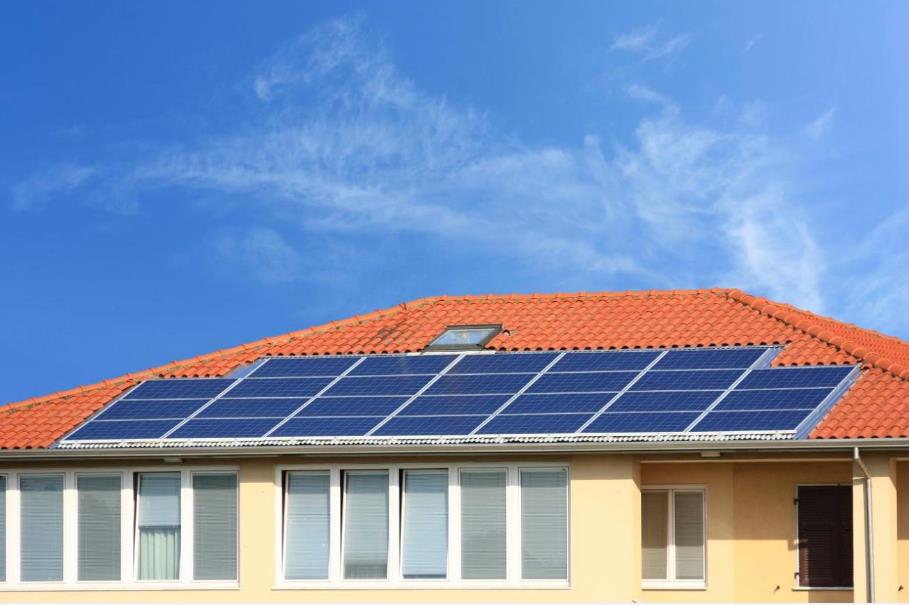
Bangladesh has implemented a new regulationrequiring new buildings with a roof area exceeding 92.2 square meters toinstall a net metered solar system as a prerequisite for grid connection.
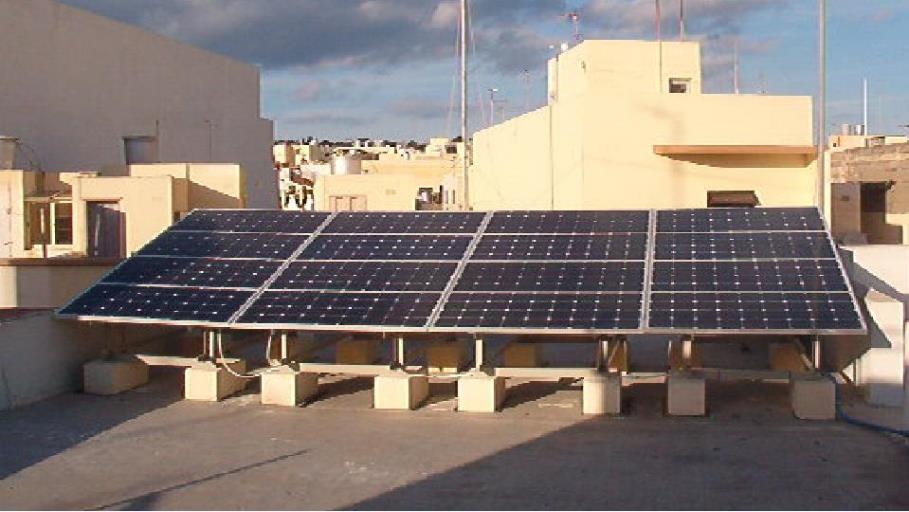
The Bangladeshi government requires thatnewly built residential, educational, medical, industrial, and commercialbuildings must be equipped with a net metered solar system, which is aprerequisite for integration into the power grid. As a result, the country'srooftop photovoltaic power generation will significantly increase.
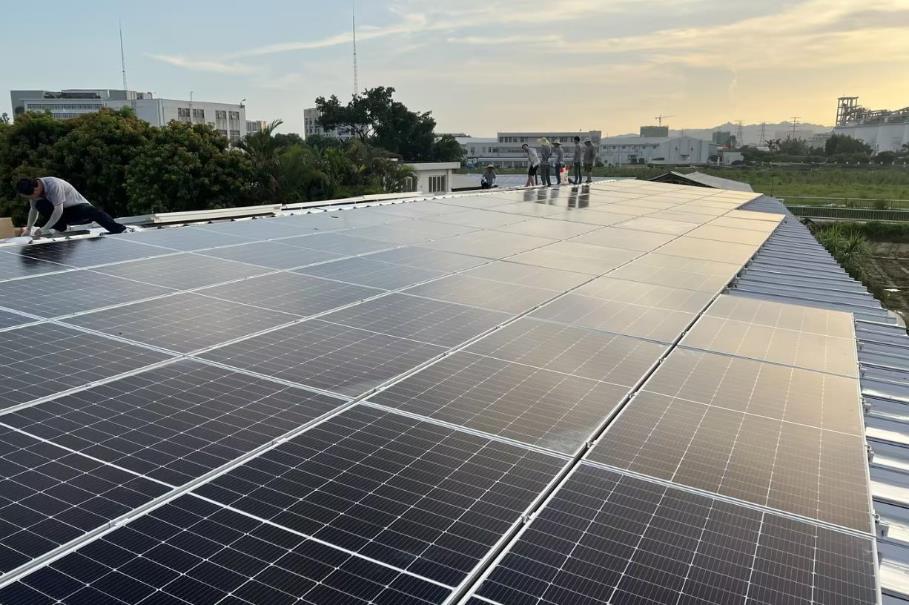
According to the new regulations, buildingswith a roof area exceeding 92.2 square meters must be equipped with a net meteredsolar energy system. Owners who wish to achieve single-phase grid connectionmust install a net metered solar system with a minimum capacity of 1 kilowatt,while owners who require three-phase grid connection must meet the capacityrequirement of 3 kilowatts. These rules also apply to schools, hospitals, andcharitable organizations with a roof area of at least 1000 square feet.
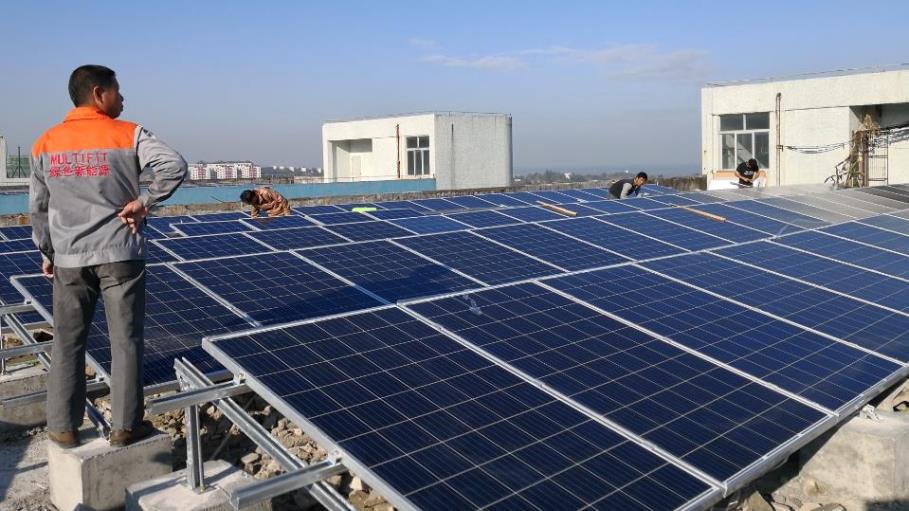
Multifit Cooperation also learned fromcustomers in Bangladesh that the new regulations also require industrial andcommercial customers with grid connected capacity below 80 kilowatts to installrooftop photovoltaic systems equivalent to 15% of their total load. Customerswith grid connected capacity between 80 and 500 kilowatts must installphotovoltaic systems that account for 12% of their load capacity, whilecustomers with load capacity exceeding 500 kilowatts must install rooftoparrays that account for 10% of their load capacity. Existing buildings thatwish to increase their grid connected load capacity must also comply with thesame regulations and install additional rooftop solar systems.
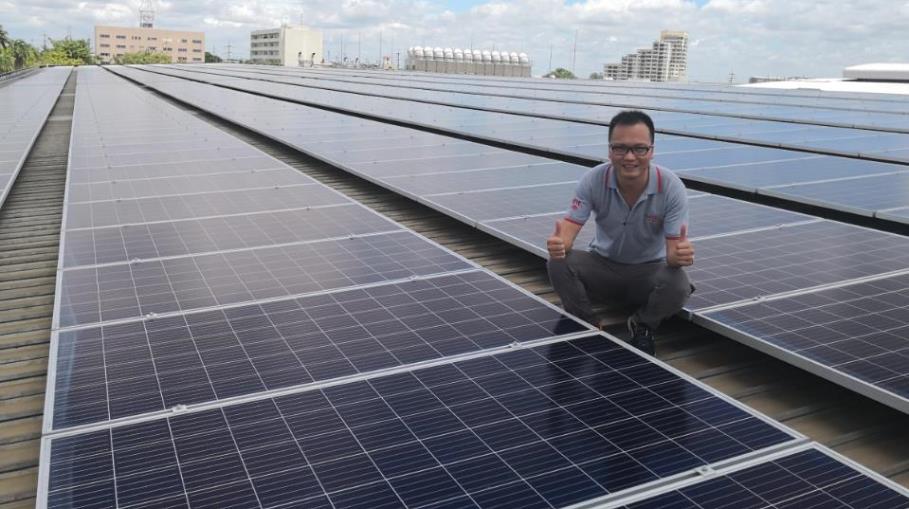
It is also stated that the rooftop solarsystem will contribute hundreds of megawatts of electricity annually. For newbuildings, the mandatory installation of net metering photovoltaic systems iseasier to implement, as they must comply with regulations in order to beconnected to the grid. Bangladesh builds approximately 40000 new residentialbuildings every year, and if an average of 2 kilowatt systems are installed ineach building, it can provide approximately 80 MW of electricity. He alsopointed out that industrial and commercial buildings with high electricityloads will install larger rooftop solar systems, thereby further increasingpower generation.
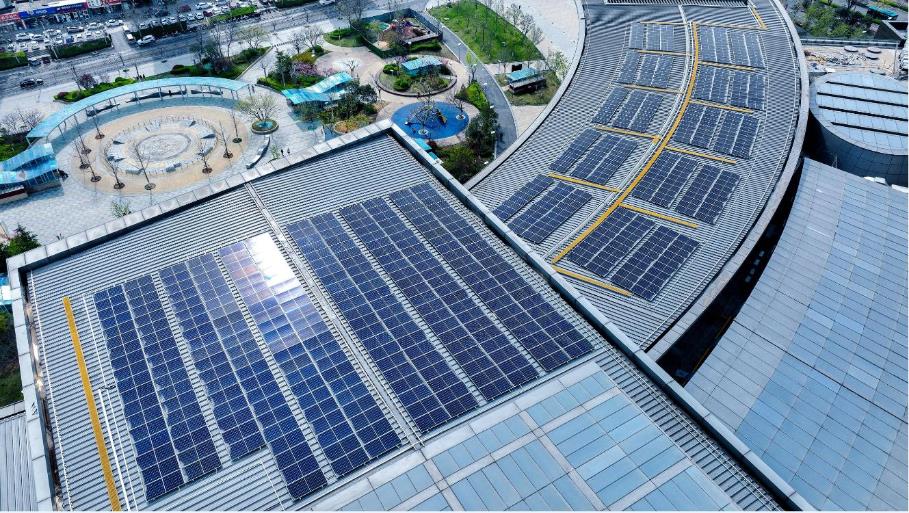
The total clean energy power generation inBangladesh has reached 1194.63 MW. Among them, 84.837 MW is provided by the netmetering rooftop solar system, and 70.301 MW is provided by the non netmetering rooftop photovoltaic system.
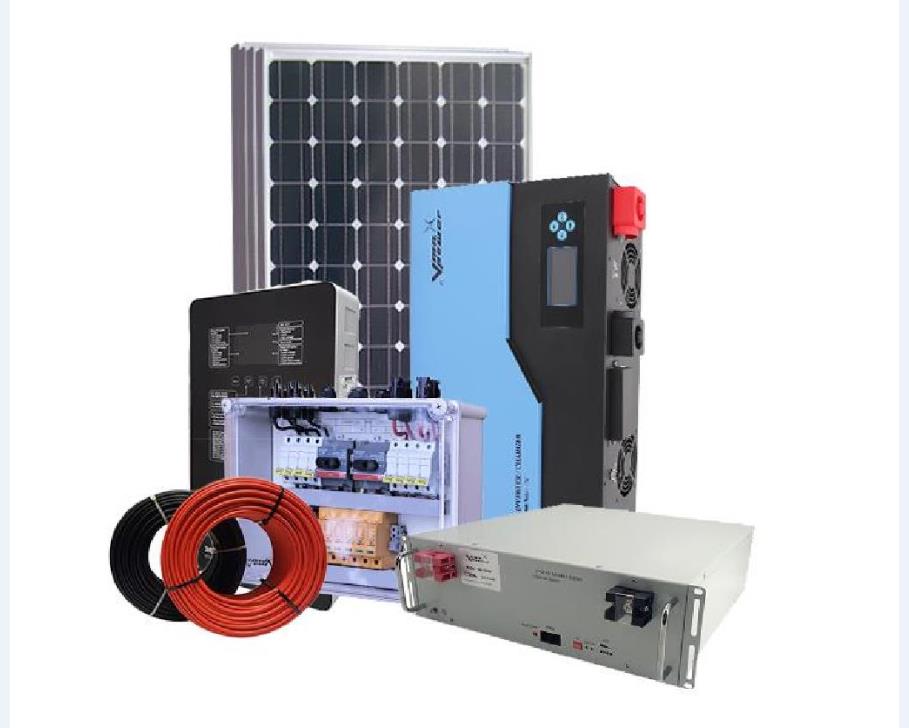
Multifit Cooperation has also increasedefforts and increased production capacity, continuously using high-quality,reliable, and cost-effective photovoltaic system products in Bangladesh's cleanenergy construction, assisting the local government in acceleratingconstruction, achieving a high proportion of clean energy in the country,benefiting the people of Bangladesh, and achieving the ultimate goal oflow-cost and clean electricity use!
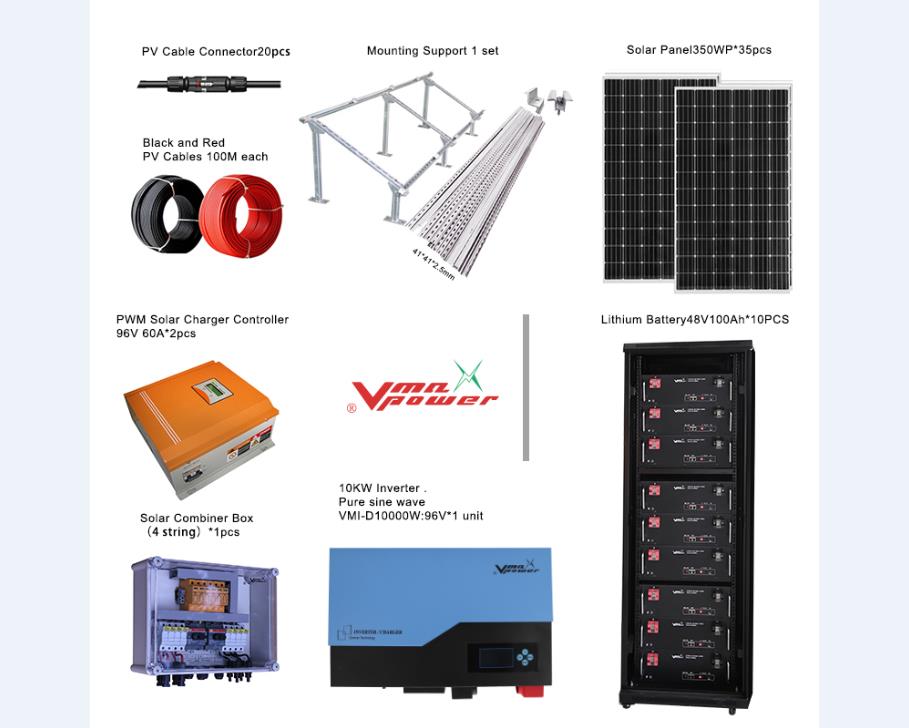
|

 6 Keji west road. Hi-Tech Zone Shantou City, GuangDong,China
6 Keji west road. Hi-Tech Zone Shantou City, GuangDong,China +86-0754-81888658
+86-0754-81888658 multifit@multifitele.com
multifit@multifitele.com